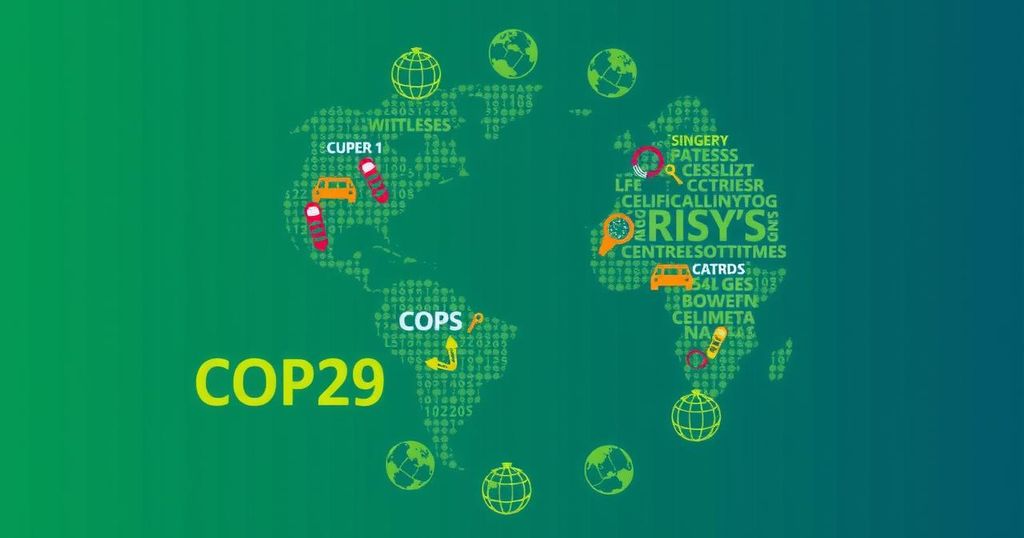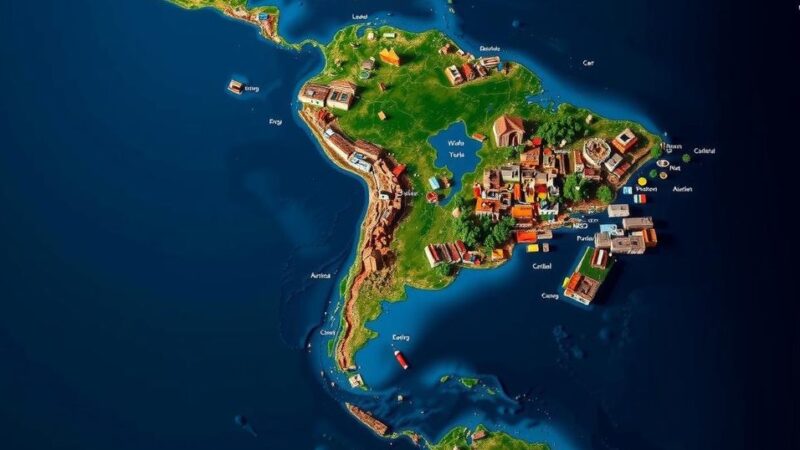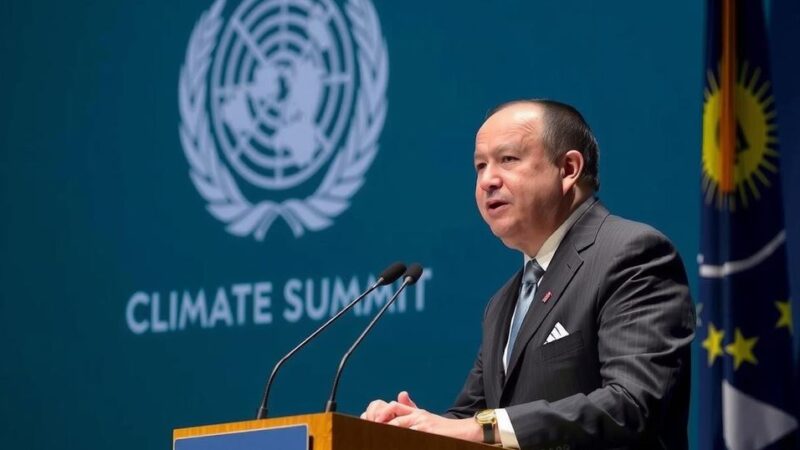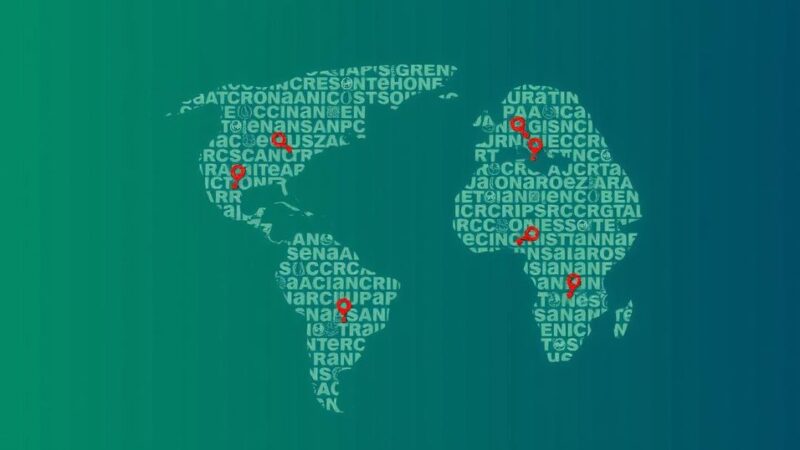The COP29 climate summit in Baku saw President Mukhtar Babayev secure a contentious $300 billion annual climate finance plan, intended for developing nations. Despite the resolution, significant criticisms arose regarding the agreement’s adequacy, especially in light of the anticipated return of climate skeptic Donald Trump and ongoing geopolitical tensions. Many delegates from vulnerable countries felt sidelined during negotiations, indicating deep dissatisfaction that may challenge future global climate cooperation efforts.
At the recent COP29 climate summit in Baku, Azerbaijan, President Mukhtar Babayev faced a challenging landscape marked by geopolitical tensions and uncertainty regarding United States climate policy. As he approached the podium to finalize a critical climate finance agreement, he had prepared speeches for both successful negotiations and potential stalemates. Ultimately, he successfully pushed through a $300 billion annual financing plan aimed at aiding developing nations, despite significant opposition, particularly from those who deemed the agreement insufficient.
The context of the conference was heavily influenced by concerns over dwindling political support for climate action, notably due to the impending return of Donald Trump, a prominent climate skeptic. His past pledges to withdraw from international climate agreements cast a long shadow over negotiations, dampening expectations for cooperative progress. With global emissions continuing to rise and major geopolitical events diverting attention towards security concerns, the urgency for a unified approach to climate change remains paramount.
Discontent among delegations from vulnerable nations was palpable, as many expressed feelings of marginalization during negotiations. Disruptions included a walkout by representatives from the Least Developed Countries and small island states, signaling deep frustration with the perceived lack of commitment from wealthier nations. With the forthcoming Brazilian summit in Belem poised to address these pressing issues, establishing trust among negotiating parties will be crucial for the future of international climate cooperation.
The 2023 COP29 conference highlights the evolving dynamics of international climate negotiations, intensifying discussions regarding funding mechanisms for climate resilience in developing countries. Historical commitments, such as the $100 billion annual funding goal set for 2020, have encountered delays and challenges, which were exemplified at COP29 by the contentious negotiations. The upcoming conference in Brazil symbolizes a critical point for clarifying the roles of developed nations and executing substantial climate action commitments to address ongoing crises, such as rising global temperatures and extreme weather events.
The tension witnessed at COP29 indicates a precarious state of climate diplomacy, characterized by rising fractures between developed and developing nations. The recent financing agreement, while a step forward, does not fully satisfy those most affected by climate change and underscores the necessity for reform to restore trust in multilateral efforts. As Brazil prepares for its leadership role at the next conference, a concerted effort will be essential to bridge these divides and recommit to meaningful progress in combating climate change.
Original Source: kfgo.com






